Ghanaian President Nana Akufo-Addo announced a week of national mourning, calling Annan “one of our greatest compatriots”.
Kofi Annan described his greatest achievement as the Millennium Development Goals, which – for the first time – set global targets on issues such as poverty and child mortality. The drive is widely regarded as a success.
However, Annan was not immune from criticism. Some blamed him for the UN’s failure to halt the genocide in Rwanda in the 1990s when he was head of the organisation’s peacekeeping operations.
He later clashed with America and the UK over the Iraq war after 2003, calling the US-led invasion illegal.
But despite their past differences, former US President George W Bush was among those paying homage to Annan on Saturday, calling him “a tireless leader of the United Nations” whose “voice of experience will be missed around the world”.
After the invasion of Iraq, Annan and his son were accused of being involved in the “oil for food corruption scandal” that led some to call for his resignation, though he was later exonerated.
The diplomat’s career continued after retirement from the UN, and in 2007 he set up his own foundation aimed at promoting global sustainable development, security and peace.
A year later, his reputation was boosted after he successfully helped negotiate a power-sharing deal to end post-election violence in Kenya.
In a Facebook tribute, Raila Odinga, the opposition leader who signed the agreement, called Annan “the man who stepped in and saved the country from collapse”.
In an interview with the BBC’s HardTalk to mark his 80th birthday in April, Annan acknowledged the UN’s shortcomings, but said that “if it didn’t exist you would have to create it”.
“I was born an optimist and will remain an optimist,” he added.
In 2012 he was made chair of The Elders, a peace and human rights advocacy group started by South Africa’s Nelson Mandela.
The same year, he quit his post as UN envoy to Syria after only six months, citing the failures of world powers to fulfil their commitments. He was later quoted as saying: “I lost my troops on the way to Damascus.”
His most recent role was chairing an independent commission investigating Myanmar’s Rohingya crisis.
Annan’s wife, Nane, and three children were “by his side during his last days”, the Kofi Annan Foundation said.
Source: BBC
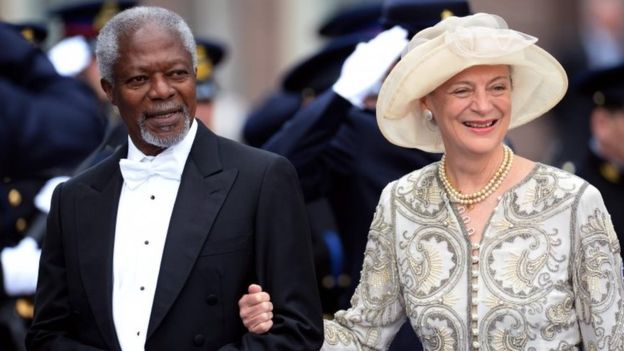
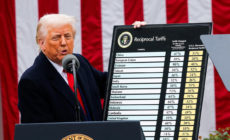
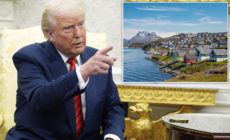
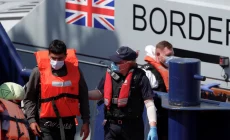
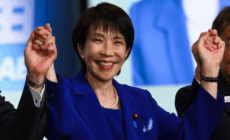






 (Selorm) |
(Selorm) |  (Nana Kwesi)
(Nana Kwesi)